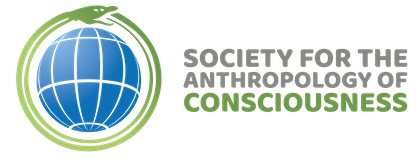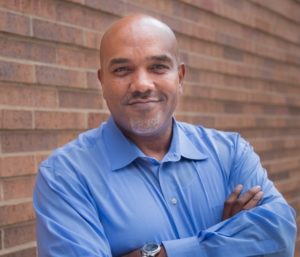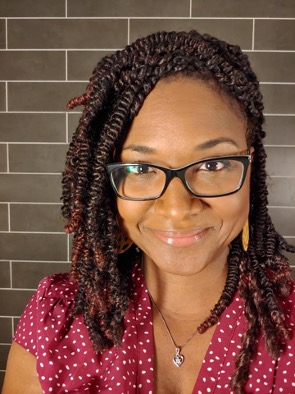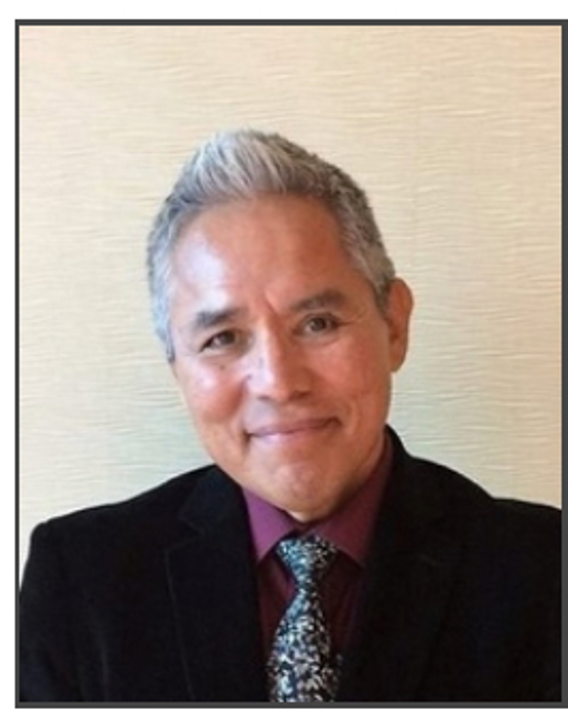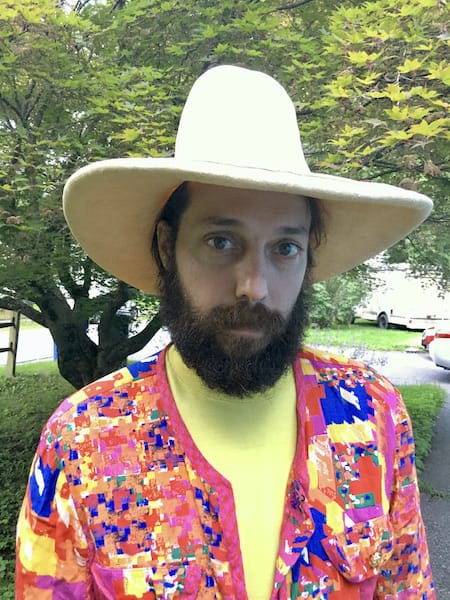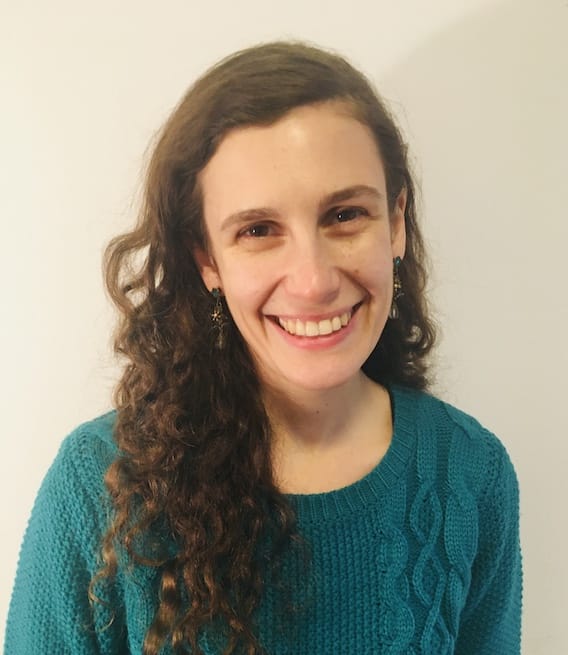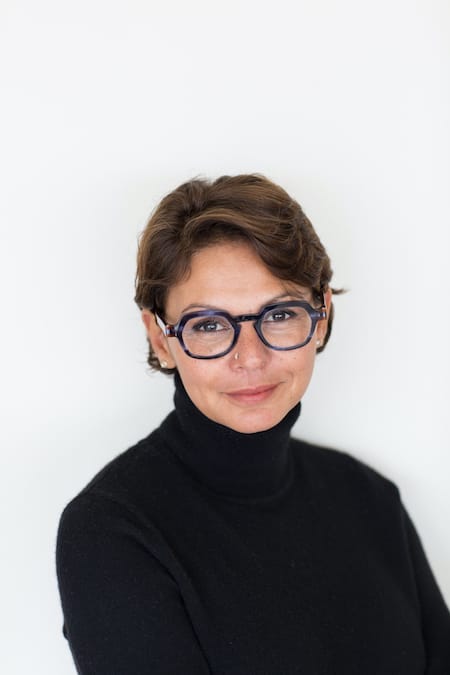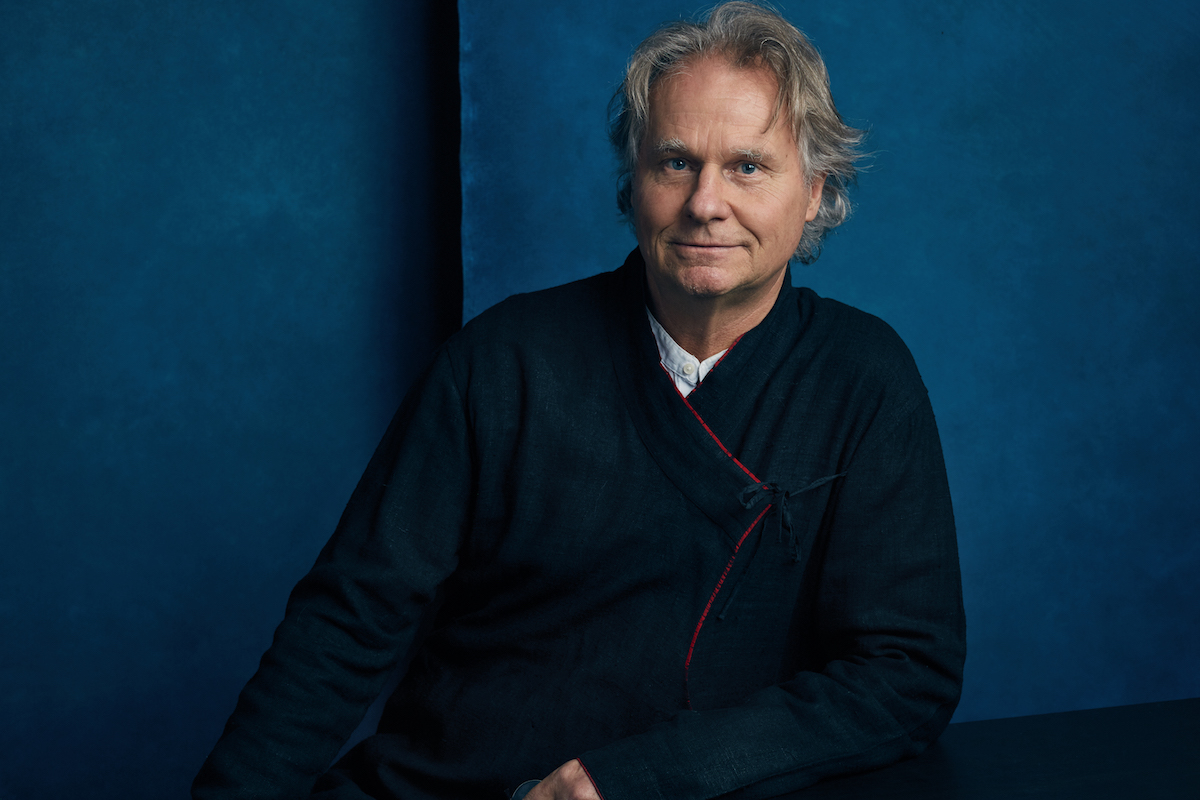Violence, Trauma And The Making Of Racial Identity – Dr. Sheldon George
This talk will work through Lacanian psychoanalytic notions of subjectivity to ground an understanding of African American identity as mediated by social trauma. It will address, in particular, the 2012 Florida shooting of 17-year-old Jordan Davis by Michael Dunn, a white male whose excessive response to the loud rap music played by Davis and his friends demonstrates a Lacanian understanding of jouissance, or the other’s mode of enjoyment, as a root-source of notions of racial alterity. Moving through a series of Lacanian concepts relevant to race and racism (from hainamoration, to aggressivity, invidia and Atè), the talk will discuss how this jouissance, bound to fantasies of race, often structures both racism and racial identity around acts of violence and trauma, inducing African Americans to embrace willfully the very racial identities against which this violence is directed.
